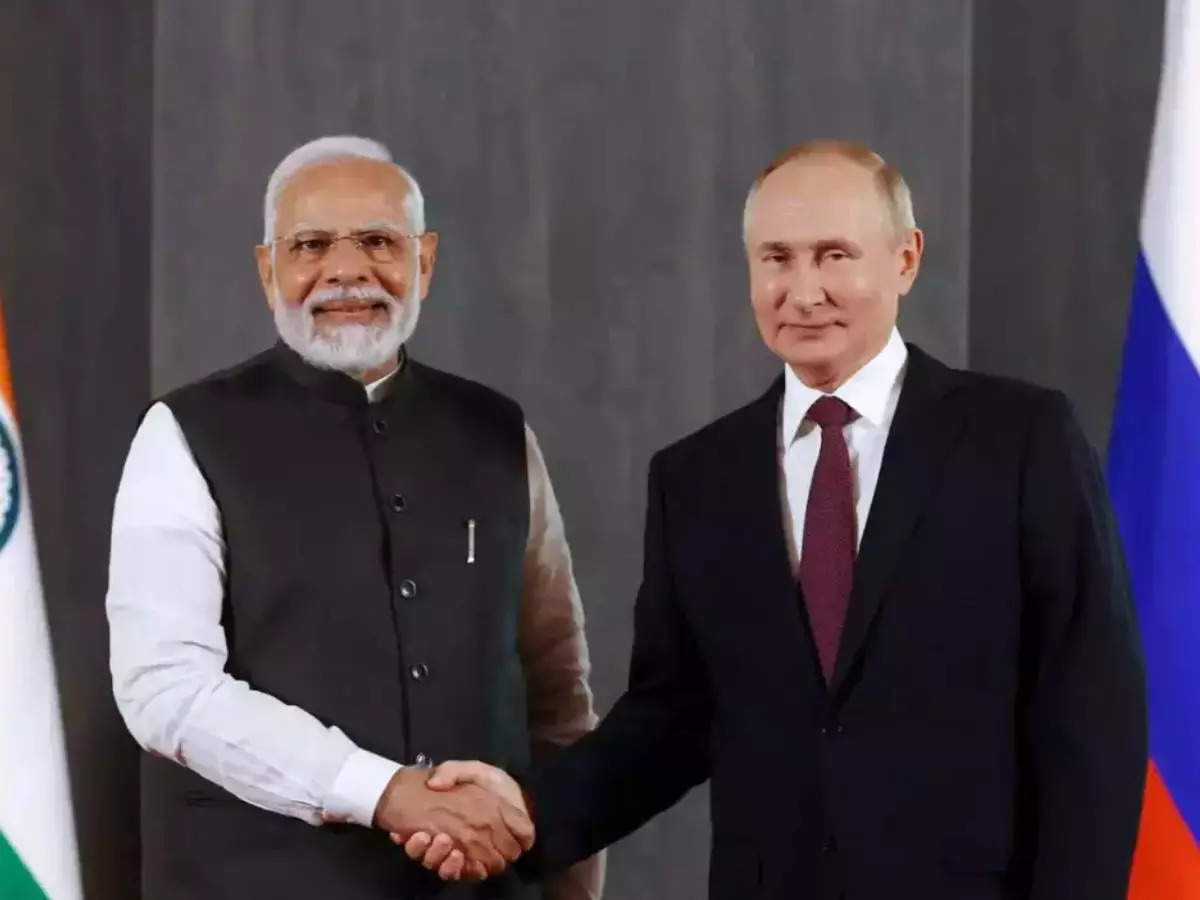“Russia will continue to be an important partner for India. There will be a summit meeting between Prime Minister Modi and President Putin in 2024,” Kanwal Sibal, India’s former ambassador to Russia and Chancellor, Jawaharlal Nehru University (JNU), said at a conference held at JNU.
The last annual summit between the leaders of India and Russia was held in New Delhi in December 2021.
Sibal stressed in his address that Russia would continue to remain “important” for New Delhi in the next five years. “Russia has begun to value partnership with India in a much bigger way than it used to be the case before. Earlier, there was a sense that it is India which needs Russia more,” stated Sibal, who’s also served as Foreign Secretary.
“There is a genuine desire on both the Indian and Russian side to increase trade and investment ties,” underscored Sibal.
Looking ahead, Sibal said while India’s relations with Russia will grow in the next five years, India might begin to push back the US’ tendency to lecture.The National Symposium on “New Directions in India’s Foreign Policy – Modi 3.0” was organized by the Centre for Global India Insights (CGII), a think tank focused on global affairs, and India Futures at the School of International Studies, JNU, on Friday.“Relations with three major poles of the world – US, Russia and Europe – will continue to expand on separate trajectories,” said Manish Chand, CEO, Centre for Global India Insights, the organizer of the conference.
Diplomats and experts also advised that India should not waste its “political capital” on Ukrainian President Volodymyr Zelensky’s 10-point peace plan, which they called as “flawed” for not including Russia.
“Indian shouldn’t mediate in Russia-Ukraine conflict till both the parties are present. India shouldn’t waste its political capital on this peace proposal,” remarked Ambassador Bhaswati Mukherjee, a former envoy to the Netherlands.
She stressed that it was imperative for both Russia and Ukraine to “talk to each other” and be in the room during the peace conference hosted by Switzerland in June. “It can’t happen without Russia,” Sibal told the conference.
Delving into India’s relations with China and Russia, Prof. Harsh Pant, vice-president Observer Research Foundation, said that that while India-China relations are about managing a rising power with whom our divergences are growing, India-Russia relations are about managing a power with whom India has a lot of convergences.
Underlining the strategic importance of Russia for India, Amitabh Mattoo, Dean, School of International Studies, JNU, said: “Russia is the only P5 country to recognize India’s complete sovereignty over Kashmir.” India retains a degree of strategic autonomy, which was seen in how India managed its relations with Russia in the last few years, said Prof. Mattoo.
Arun K. Singh, a former ambassador of India to the US, said that “the positive momentum” in India-US relations will continue under the next government in India regardless of whether Joe Biden or Trump wins the USA elections. He cited the China factor as one of the main reasons for the convergence between the interests of India and the United States.


